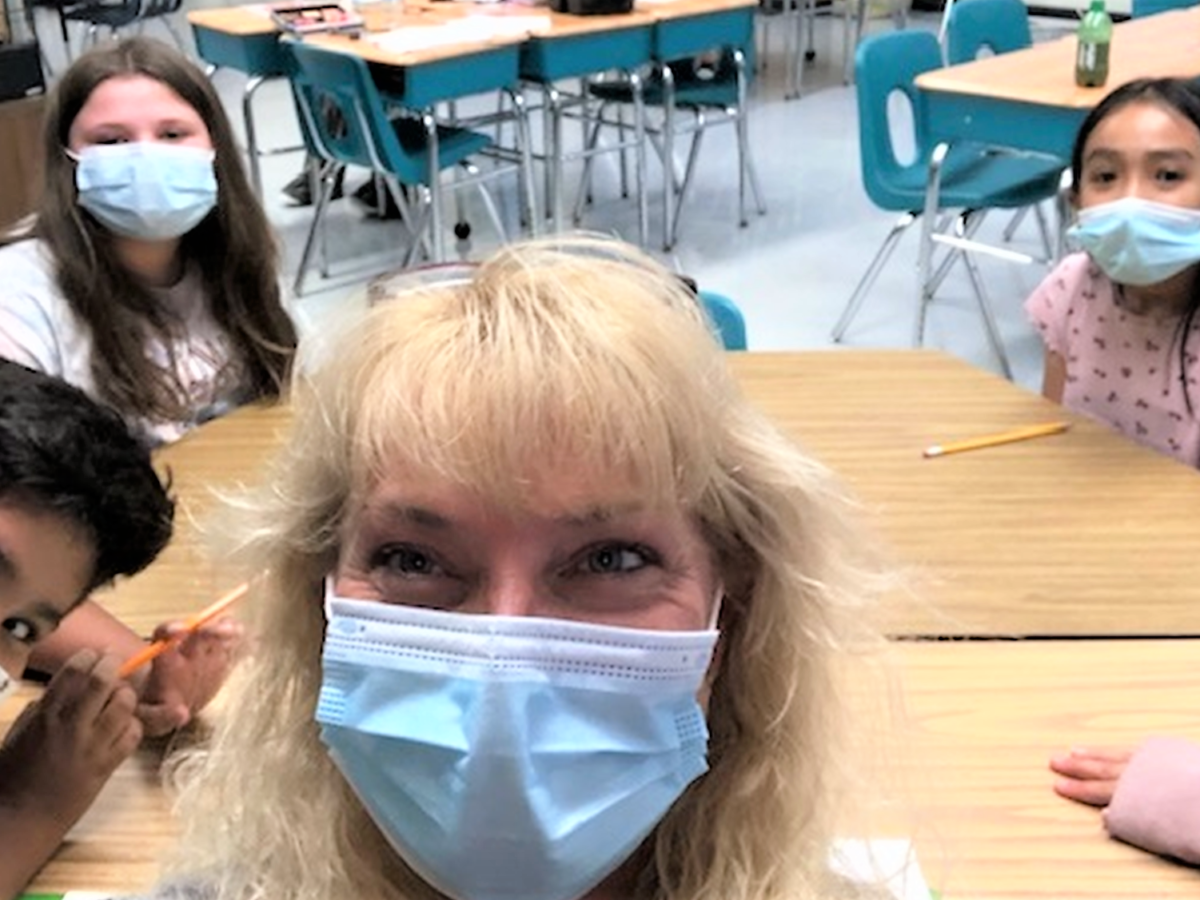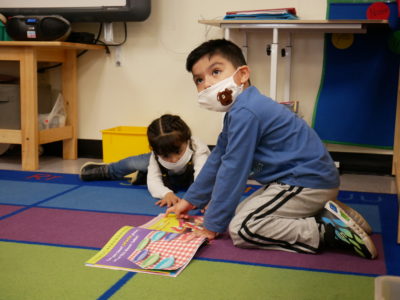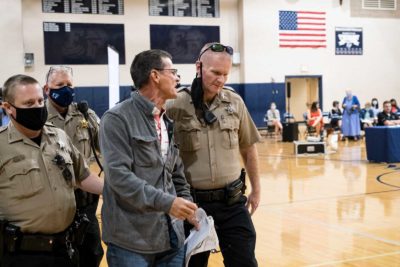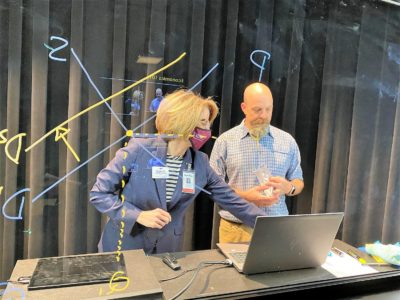
The North Carolina Principals and Assistant Principals Association (NCPAPA) and our partners at the N.C. Association of School Administrators (NCASA) and the N.C. School Superintendents Association (NCSSA) recognize that staffing shortages are the number one issue facing principals and other school leaders, and we jointly call on the state to help us move from a triage mode back to our core mission of providing an excellent education to all students.
Johnny is waiting for the school bus. As the doors open, he’s surprised to see his school principal in the driver’s seat filling in for the bus driver. When Johnny gets to school, he finds the assistant principal is subbing in for his science teacher who is at home quarantined. At lunch, the principal is serving Johnny food in the cafeteria covering for a child nutrition worker. When Johnny requests to speak with a guidance counselor about anxiety he is feeling coming back to in-person learning, he’s sent to the same principal’s office. As he leaves school for the day, Johnny sees his assistant principal emptying trash cans for the custodian in the building. Hours after getting home from school, Johnny’s mom receives a call from the principal doing contact tracing for the nurse.
This is the reality for many of our North Carolina principals who are being asked to wear the hats of every position in their school buildings.
Principals are stretched beyond their capacity with staffing concerns, trying to fill the gaps and holes. The obligation to be all things is fierce, and it is taking its toll.
Our principals are responsible for leading highly complex organizations engaged in one of society’s most essential functions. Even before the pandemic, they faced and worked around a myriad of long-standing systemic challenges — a shortage of highly qualified teachers and instructional support staff, ongoing technology and facility needs, and growing numbers of children living in poverty.
Last year, they faced new, unprecedented challenges head on, coming up with creative solutions to remote instruction and ever-changing safety protocols. This year, principals started the new school year with solid plans for getting their students back on track academically in the classroom only to find that they can’t fully staff their schools.
Staffing issues, particularly for hourly employees, are straining our schools as evidenced in recent survey results from 110 of the 115 school districts in North Carolina. The staffing survey was conducted by the N.C. School Superintendents’ Association with the results reported as of Sept. 8, 2021.
Survey results showed nearly 1,300 bus driver vacancies across the state. Districts, regardless of size and resources, cannot compete with retail stores and other businesses offering higher wages and a far lower health risk. Over 280 nursing, counseling, and psychologist positions were reported open — many of these positions are long-term vacancies that districts have struggled to fill. With the new tolls of COVID-19, having qualified staff to support our students in these roles is especially crucial.
Over 2,600 teacher vacancies were reported in the state with high school, STEM, and Exceptional Children positions being hardest to fill. To shore up vacancies, schools have been forced to place over 3,400 so-called “residency, permit to teach, or emergency licensed” teachers in classrooms.
How can we convince workers to put themselves on the front lines in our schools in high-risk settings where nearly half of the students are not yet even eligible for a COVID-19 vaccine and irate parents and community members are threatening violence at our school board meetings and in our schools over masks and other safety measures?
How can we compete in attracting the high-quality workforce our students need with low wages, continually reduced benefits, and less than desirable working conditions?
Principals will continue to use their creativity and problem-solving skills to fill the gaps as they have always done, but the current situation is proving to be insurmountable, and it will undoubtedly impact the quality of the learning environment and, ultimately, our students’ success.
Across our state, even our best and brightest principals are realizing that they are currently facing a problem that they do not have the power to fix. They cannot raise salaries. They cannot make benefits more attractive. And the sheer strength of their leadership is just not enough during this pandemic to make people to want to work in their schools under these high-risk and demanding conditions.
More than ever, they need our policymakers and budget writers to recognize the severity and the root causes of the unprecedented staffing shortages plaguing our schools and take all necessary steps to provide competitive salaries, benefits, and working conditions that will give our school leaders the leverage they must have to attract the kind of workforce our students need and deserve.
Editor’s Note: Shirley Prince serves on EdNC’s Strategic Council.
Recommended reading



